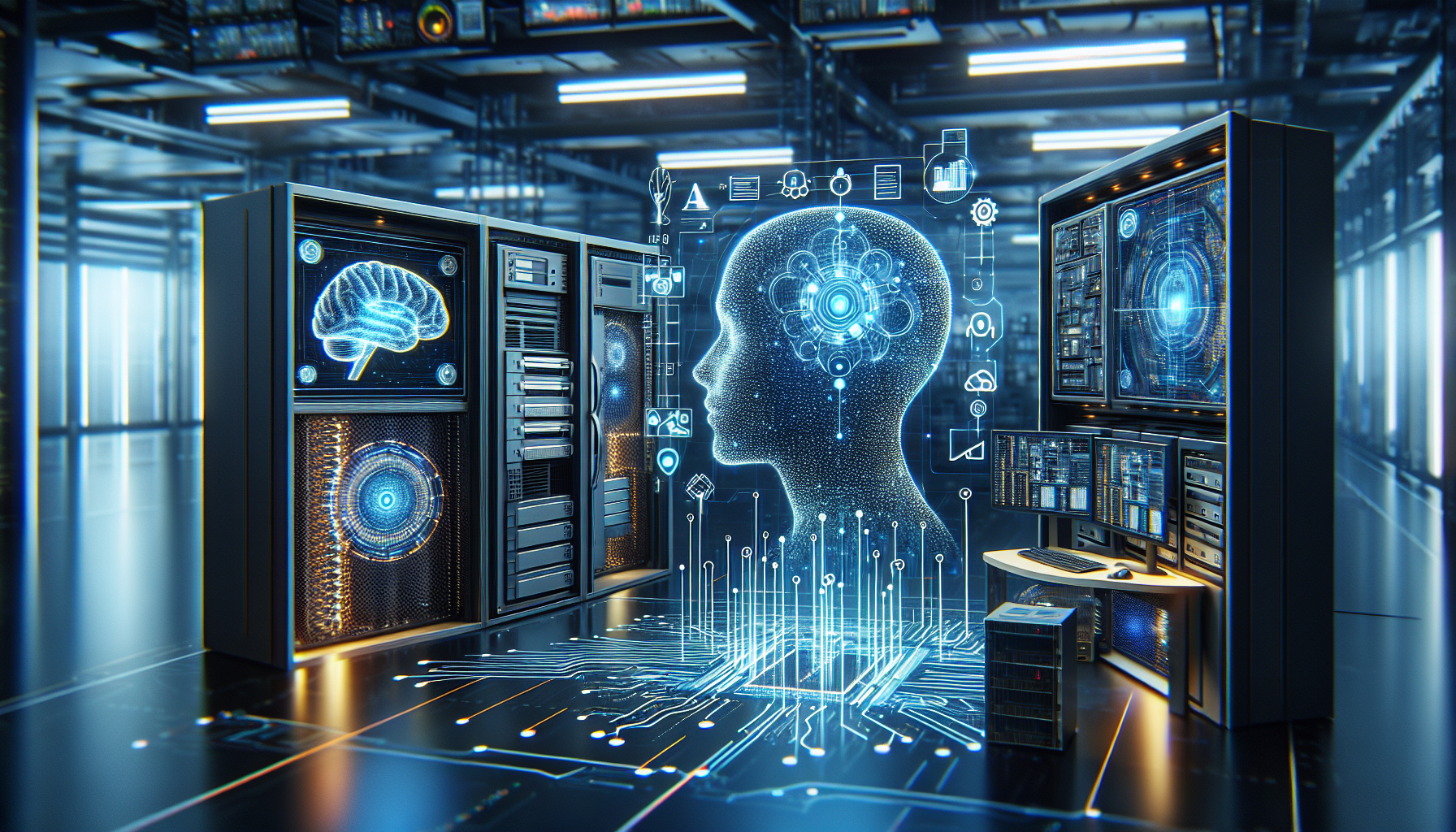
The Role of Artificial Intelligence in Shaping Smart Cities: A Comparative Analysis
February 21, 2025
Artificial intelligence (AI) has emerged as a pivotal force in the development of smart cities, transforming urban landscapes into interconnected ecosystems that promise to enhance the quality of life for their inhabitants. As urban areas grapple with the challenges of rapid population growth, resource management, and environmental sustainability, AI offers innovative solutions that can optimize city operations and improve living conditions. In this article, we delve into a comparative analysis of how AI is being employed in smart cities across different regions, highlighting both the technological advancements and the socio-economic impacts of these initiatives.
Cities around the world are harnessing AI to address their unique challenges, tailoring technological solutions to fit their specific needs. In Asia, cities like Singapore and Tokyo are leading the charge with AI-driven public transportation systems. Singapore’s Mass Rapid Transit (MRT) system utilizes AI to predict and manage commuter traffic, significantly reducing congestion during peak hours. By analyzing real-time data, AI systems can adjust train frequencies dynamically, ensuring smooth and efficient transportation for millions of residents. Similarly, Tokyo has implemented AI-based predictive analytics in its rail networks, which helps minimize delays and enhances passenger experiences.
In contrast, European cities such as Amsterdam and Copenhagen are leveraging AI to bolster their environmental and sustainability initiatives. Amsterdam’s smart water management system, for instance, employs AI to monitor water levels and predict flooding risks. This proactive approach not only safeguards the city against potential natural disasters but also contributes to its long-term sustainability goals. Meanwhile, Copenhagen's commitment to becoming carbon-neutral is augmented by AI-driven energy management systems. These systems optimize energy consumption in buildings, reducing waste and supporting the city's ambitious environmental targets.
North America presents a different scenario where AI is primarily focused on enhancing safety and security in urban environments. Cities like New York and San Francisco are deploying AI-based surveillance systems to monitor public spaces and detect potential threats. These systems utilize advanced image recognition and machine learning algorithms to identify unusual activities, providing law enforcement agencies with critical information to prevent crimes. While these applications raise important questions about privacy and civil liberties, they also underscore the potential of AI to create safer urban environments.
In the Middle East, smart cities such as Dubai are at the forefront of integrating AI with urban planning and development. Dubai’s Smart Dubai initiative employs AI to streamline city services, from healthcare to waste management. The city’s AI-powered platforms facilitate seamless interactions between residents and government services, enhancing efficiency and transparency. This comprehensive approach not only improves the quality of public services but also positions Dubai as a global leader in smart city development.
Despite the varied applications of AI in different regions, there are common challenges that cities face in their quest to become smarter. Data privacy and cybersecurity remain significant concerns, as the integration of AI technologies necessitates the collection and processing of vast amounts of personal data. Ensuring the security of this data and maintaining public trust are critical to the success of smart city initiatives.
Moreover, the deployment of AI in urban environments requires substantial investment in infrastructure and technology. For many cities, especially in developing regions, the financial burden of implementing AI-driven solutions can be prohibitive. Partnerships between governments, private sector entities, and international organizations are essential to overcoming these financial barriers and fostering inclusive smart city development.
The role of AI in shaping smart cities is undeniable, offering opportunities to reimagine urban living and address pressing challenges. However, as cities continue to innovate and incorporate AI into their frameworks, it is crucial to consider the ethical implications and ensure that technology serves the broader public interest. The question remains: How can we strike a balance between harnessing AI's potential and safeguarding the values that define our communities? This ongoing dialogue will shape the future of smart cities, inviting us to envision urban environments that are not only intelligent but also equitable and inclusive.


